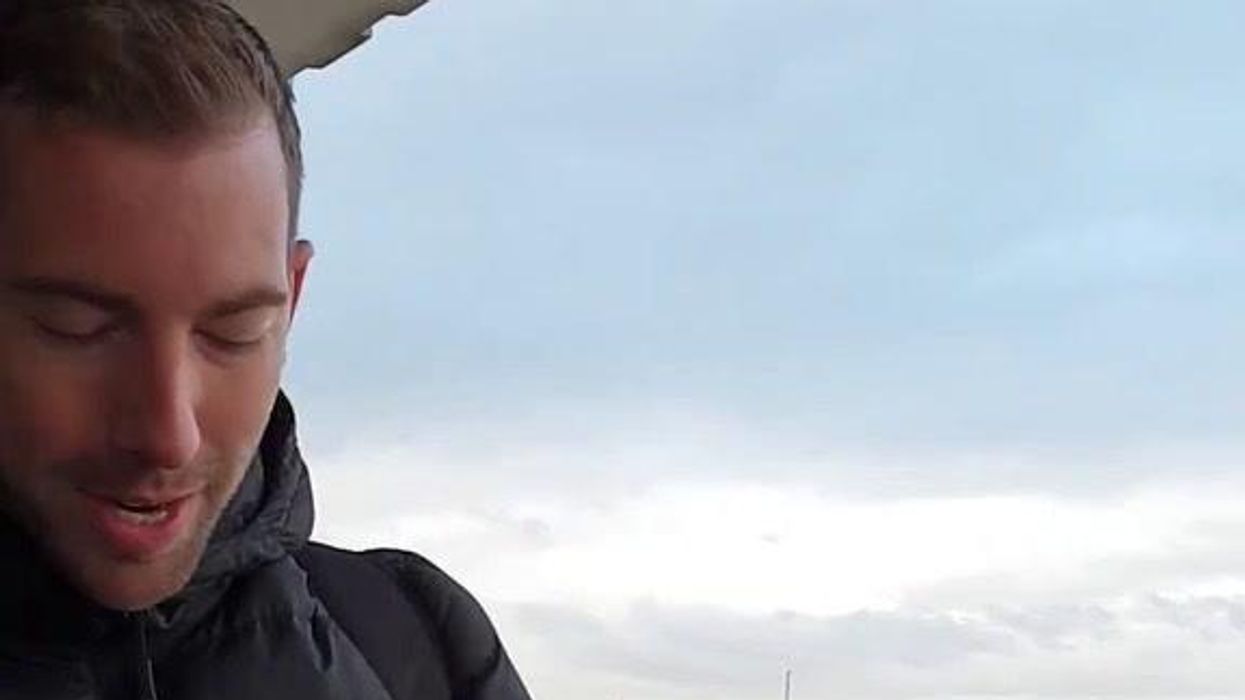News
Liam O'Dell
Feb 01, 2023
Related video: Paperboyo takes over the Tate Modern
Independent TV
If you’ve ever explored the Tate Modern in London, then you’ll know of the gallery’s viewing platform offering stunning views of the capital’s skyline - and some nearby flats with floor-to-ceiling glass walls.
The nosiest among us may well have peered into the Neo Bankside development on the South Bank, wondering what’s going on inside, but the residents would very much like it if you did not do that - and now the Supreme Court has ruled they’re right to be upset about it.
Those living in the luxury flats, completed in 2012, want an injunction to require the Tate Modern to take steps to protect their privacy – such as by “erecting screening” or “cordoning off” sections of the platform.
This is despite the Tate receiving planning permission for its Switch House extension – including the platform – from Southwark Council in 2009. Neo Bankside, approved two years prior, did not object to the Tate Modern’s building plans, which included the viewing platform.
However, the owners of four flats in the development would later go on to take legal action against the gallery’s board of trustees due to “hundreds of thousands of visitors” being able to peer into their homes.
They were unsuccessful in the High Court and the Court of Appeal, but on Wednesday the Supreme Court sided with the residents over the Tate.
Sign up to our free Indy100 weekly newsletter
Giving the court’s majority ruling – three backed it, while two dissented – Lord Leggatt said: “It is not difficult to imagine how oppressive living in such circumstances would feel for any ordinary person – much like being on display in a zoo.
“It is beyond doubt that the viewing and photography which take place from the Tate’s building cause a substantial interference with the ordinary use and enjoyment of the claimants’ properties.
“Inviting members of the public to look out from a viewing gallery is manifestly a very particular and exceptional use of land. It cannot even be said to be a necessary or ordinary incident of operating an art museum.”
Guy Fetherstonhaugh KC, representing the Tate, had previously argued there is “no general right not to be overlooked in English law”. The gallery has not yet commented on this latest ruling.
Twitter certainly has though, with many criticising the residents for not investing in a thing called curtains, or not considering the fact they’d be buying a house next to a popular building for tourists:
The case will now go back to the High Court to determine an exact solution for the flat owners.
Have your say in our news democracy. Click the upvote icon at the top of the page to help raise this article through the indy100 rankings.
Top 100
The Conversation (0)














